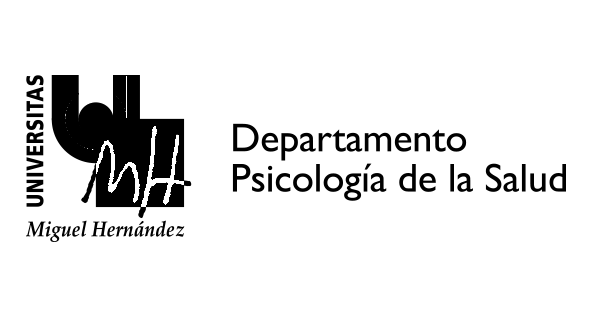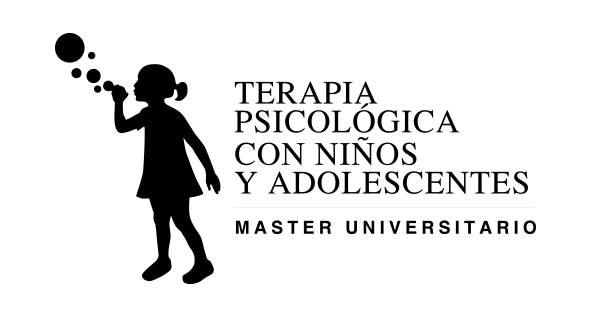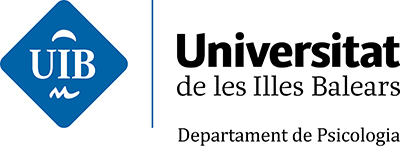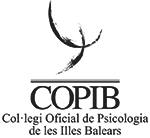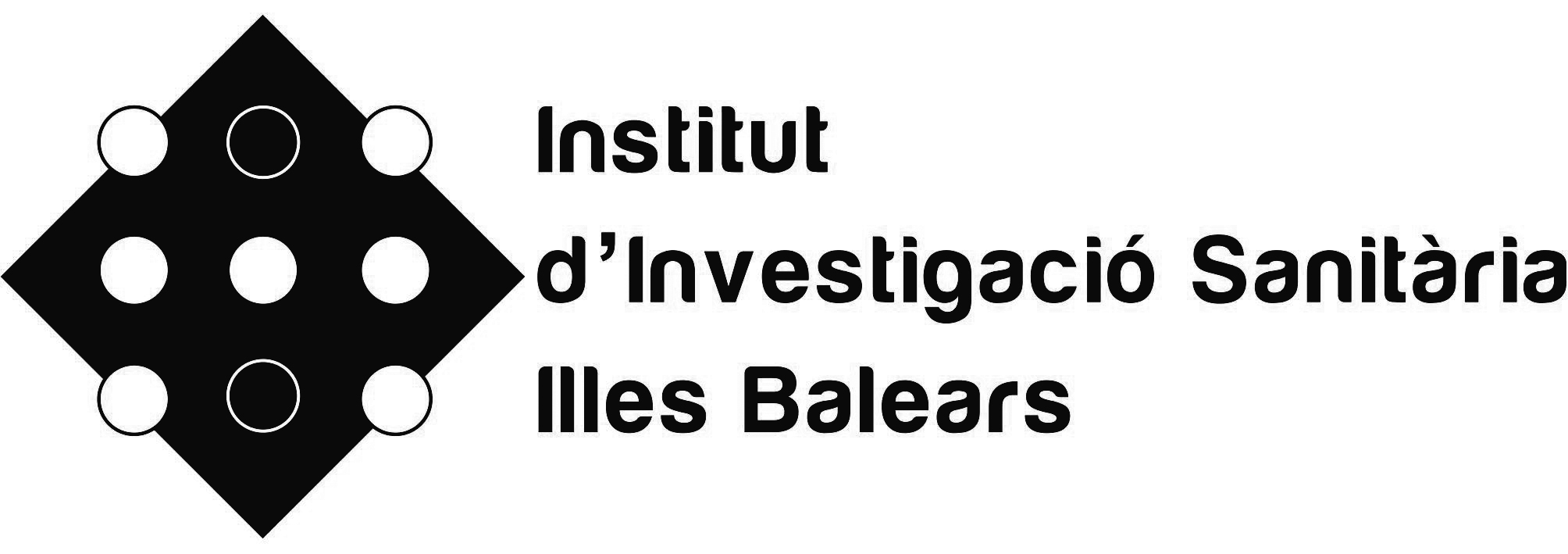Inmaculada Gómez Becerra
University of Almería, Spain
EMOTIONAL REGULATION IN CHILDHOOD AND ADOLESCENCE: ANALYSIS, ASSESSMENT AND INTERVENTION IN DIFFERENT PSYCHOLOGICAL DISORDERS OR PROBLEMS
Abstract
Emotional regulation (ER) is defined as the attempts and ways to influence and express our emotions (Diamond & Aspinwall, 2003; Gross, 2014). In this sense, from Gross’s (2008) model of emotional regulation, strategies will depend on the moment in which the emotion has to be influenced or modified; thus, strategies based on selection or situational change can be put into play before the emotion occurs, or attentional or cognitive redirection, or reevaluation or suppression. Four communications will be presented on the analysis, evaluation and intervention in the processes of emotional regulation. A first introductory presentation emphasizes the evidence of the role of emotional regulation, low tolerance to discomfort and rigidity as the basis of disorders in children and adolescents (both externalizing and internalizing: behavior problems, affective disorders, anxiety…). Analyzing such factors from the transdiagnostic orientation. A second presentation reviews the different instruments that evaluate such aspects: tolerance to discomfort, emotional intelligence in its three facets (attention, expression-interpretation, and regulation), cognitive fusion, etc. With special emphasis on the data from a WAN validation study, which is an instrument that measures emotional competencies. A third presentation provides validation data of the transdiagnostic model that includes the difficulties of emotional regulation as one of the roots that, together with psychological inflexibility and low tolerance to discomfort, mediate in the maintenance of different psychological problems and barriers. A fourth presentation illustrates a protocol of intervention in Emotional Regulation through a case study of a child with emotional disorders.
Inmaculada Gómez Becerra is a PhD at the University of Almeria, has 3 six-year period of research experience and 4 five-year period teaching experience (with a special mention for the Teaching Excellence Award). Her research work focuses on the analysis of risk factors and protection of psychological problems in childhood and adolescence, with emphasis on emotional education and parenting styles; on intervention with families from third generation therapies; and on virtual reality strategies for managing emotional distress in children, adolescents and families. She has more than 110 publications, more than 140 participations in congresses, and 10 research projects; she has directed 5 doctoral theses; she is a reviewer of national and international journals and member of different scientific committees. She directs the research group “Advances in research and epidemiology with children, adolescents and families”. He has participated and/or coordinated different training activities for professionals from different fields (education, psychology, medicine), and has carried out numerous parenting schools. She holds a degree in General Health Psychology and collaborates as a Family Therapist at the Inpaula Neurorehabilitation Center (EBT of the University of Almeria).




